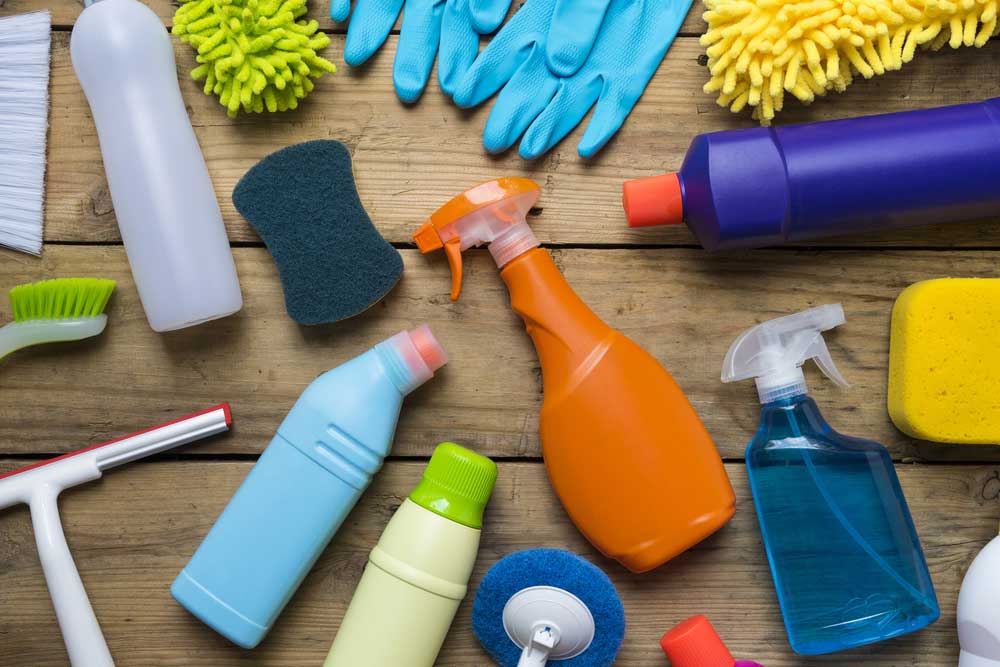India has allowed the movement of all goods across the country, modifying its previous order that permitted the transportation of only essential items during the 21-day lockdown period.
A more exhaustive list of permitted items has been shared by Union home secretary Ajay Bhalla in a letter to the chief secretaries of the states on Sunday.
The list includes, among others, the supply chain for milk and newspapers — the two essential items that were facing roadblocks in reaching the consumer during last few days.
The letter also included transportation of hygiene products such as hand wash, soap, disinfectants, shampoo, detergent, toothpaste, toilet paper, sanitary pads, diapers, battery cells and chargers.
The industry has been rooting for the removal of distinction between essential and non-essential items as it was hurting the supply chain.
For instance, milk producers were complaining that they were not getting plastic pouches to pack fresh milk and send it to the market. Pharma companies expressed concern over the shortage of packaging material such as cardboard as paper was not an essential item.
There have been reports from across the country that truck movement had come to a grinding halt, especially at the inter-state borders.
Local administration and police were also finding it difficult to implement the fine distinction between essential and non-essential items on a truck-by-truck basis, clogging the highways.
Lifting the blanket ban on non-essential items is expected to ease the movement of goods and provide crucial lifeline to industries manufacturing essential products, which require some items that fall under the non-essential list.
“There are enough stocks lying with the producers and distributors which can take care of the requirements of the industries producing essential items for the next 7-10 days at least. This is a very welcome and timely step. Hopefully, the states will be implementing it,” a Calcutta-based industrialist said this evening.
The list of essential items are specifically scheduled under Essential Commodities Act, 1955. It includes essential drugs, fertilisers (inorganic, organic and mixed), foodstuff, edible oil and oil seeds.
While issuing the guidelines on the measures to be taken contain the Covid-19 endemic, the Union home ministry only allowed the transportation of essential items. Several trade bodies had then highlighted the need to make an elaborate list as packaging material, related chemicals, spare parts to run factories and trucks to move them are listed as non-essential. “On an average, any manufacturing unit uses more than 100 consumables and raw materials to run factories and it is complex to define all,” a communication from the Indian Chamber of Commerce had noted on March 24.










